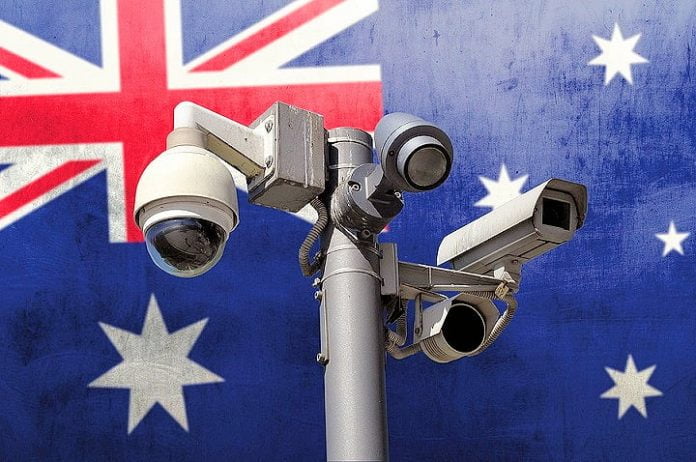ASIAL Makes Case For National Regulator
♦ ASIAL Makes Case For National Regulator – Australia’s peak body for the $A11 billion, 180,000 person security industry, ASIAL, argues that patchwork state regulations on security licenses, which vary in relation to criminal checks, training and working visas, no longer serve the industry, or its clients.
“The current jurisdictional patchwork of security regulation in Australia creates inherent inconsistencies and vulnerabilities,” said Bryan de Caires, CEO of ASIAL.
“It is difficult to accept that governments tolerate this inconsistency, which allows persons of questionable backgrounds and/or character from almost any country to work as a security officer, despite repeated calls from industry to strengthen probity requirements as well as the findings from several inquiries involving the security industry.
“We have a national approach for so many things, like drivers’ licences, consumer rights, and work health and safety. With the growing reliance on services provided by the security industry as part of Australia’s national security mix, consistent national regulatory standards for the security industry are long overdue.”
Mark Costello, managing director of national training organisation, Asset College, argues that inconsistent regulations don’t make the job easy. There have been some improvements in recent years: a certificate II in security operations is now a standard entry requirement nationwide, with consistent training objectives. However, states have different requirements for the delivery, assessment and reporting of the program.
Changes last year to federal mutual recognition legislation – which allows states to recognise security licences from other states – should have made life easier. But they haven’t been universally accepted.
“The changes have been adopted well by some states, significantly reducing the regulatory burden,” Costello said. “However, other state regulators are working hard to prevent the implementation of automatic mutual recognition in their jurisdictions.”
ASIAL has been pressing for national regulatory reform for more than 2 decades.
De Caires welcomes recent attempts at harmonisation, including changes to the mutual recognition legislation. However, he says, the fact that 4 states sought exemptions to the new rules shows the lack of co-operation between governments.
“At its July 2008 meeting, the Council of Australian Government agreed to implement a nationally consistent approach to regulation of the private security industry,” de Caires said. “More than a decade later, we are no closer to achieving what is widely agreed as a priority.”
In its latest attempt to prompt action, ASIAL has drafted its own version of how a national regulatory framework might look: the National Private Security Act (NPSA), which sets out expectations, obligations and responsibilities for individuals and organisations across the industry.
“The NPSA seeks to increase productivity through the reduction of unnecessary red tape, provide greater workforce mobility and deliver higher service delivery standards,” de Caires said. “Given the evolving national security environment it’s imperative we act now.”
#SEN #SENnews #security #electronics









